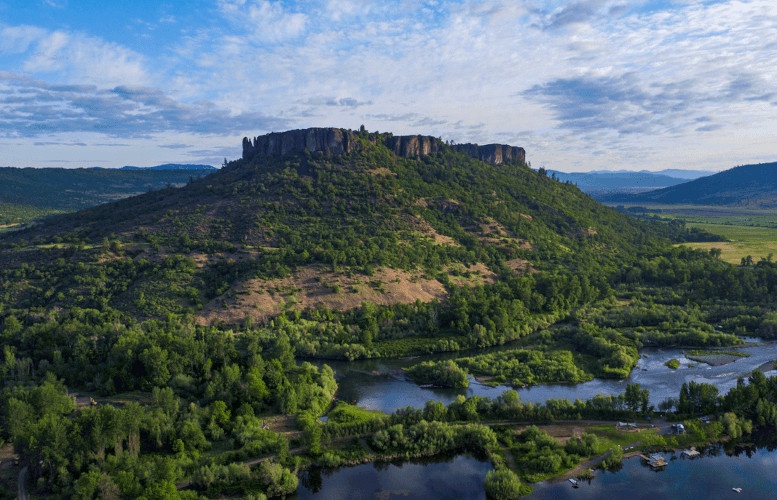Oregon regulators say more than 110 licensed hemp operations were found to be illegally growing high-THC marijuana after a recent crackdown in Jackson and Josephine counties in the southern part of the state.
“Operation Table Rock,” a joint action by the Oregon Liquor and Cannabis Commission (OLCC) and the Oregon Department of Agriculture, tested plants at 212 registered hemp grows in the two counties, where a total of 335 growing sites are licensed.
OLCC said 76 farms declined access to their properties, while inspectors were unable to make contact at an additional 23 locations during the action, named after a nearby volcanic plateau outside of Medford in Jackson County.
Fulfilling DEA predictions
Unfortunately for the hemp industry, the raids in Oregon fulfill a prediction by the U.S. Drug Enforcement Agency (DEA), which repeated in its National Drug Threat Assessment report earlier this year that the federal legalization of hemp would mean ongoing headaches for law agencies.
Oregon officials say that’s the case in the southern part of their state.
“The quality of life in Southern Oregon is the number one complaint from the citizens down there,” Richard Evans, senior director of licensing and compliance with OLCC, said in a presentation to the commission last week, as reported by Jefferson Public Radio.
“Whether they have armed guards out in front of the marijuana grow in front of their house, water rights, the [cannabis] smell, the human trafficking issues – the folks working in the field – this is a human atrocity in my mind,” Evans said.
Oregon law
The DEA has repeatedly warned that policies surrounding hemp as a result of the 2018 Farm Bill are giving cover to criminal organizations that grow and traffic in illegal marijuana, and states have worried they will not have the resources to police the industry.
Oregon in July passed a set of legislative amendments to reduce the burden on resources needed to police illegal cannabis operations. The law allows the agriculture department to partner with the OLCC and local law enforcement to access and test crops on cannabis farms.
“I believe from my experience down there, there are more illegal grows than there are registered grows,” Evans said of Jackson and Josephine counties, which lead Oregon in hemp and marijuana production.
Other violations
Evans told the OLCC that inspections also uncovered illegal water diversions from rivers and creeks, farms without bathrooms for workers, and poor living conditions such as workers living in tents inside greenhouses. He said illicit marijuana growers in the state are reported to be paying exorbitant prices for property, labor, and water rights, giving them advantages over legal growers.
“If you’re playing by the rules in our recreational (marijuana) market, you’re playing behind the eight ball,” Evans told the commission.

